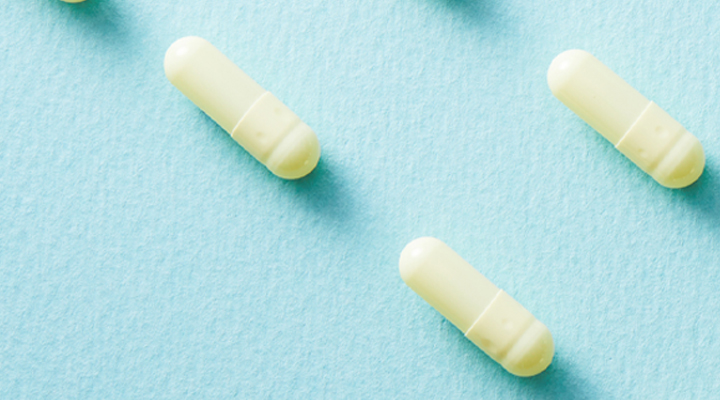Abstract
Background
Red ginseng (RG) alleviates psychiatric disorders. Fermented red ginseng (fRG) alleviates stress-induced gut inflammation. Gut dysbiosis causes psychiatric disorders with gut inflammation. To understand the gut microbiota-mediated action mechanism of RG and fRG against anxiety/depression (AD), we investigated the effects of RG, fRG, ginsenoside Rd, and 20(S)-β-D-glucopyranosyl protopanaxadiol (CK) on gut microbiota dysbiosis-induced AD and colitis in mice.
Methods
Mice with AD and colitis were prepared by exposing to immobilization stress (IS) or transplanting the feces of patients with ulcerative colitis and depression (UCDF). AD-like behaviors were measured in the elevated plus maze, light/dark transition, forced swimming, and tail suspension tests.
Results
Oral gavage of UCDF increased AD-like behaviors and induced neuroinflammation, gastrointestinal inflammation, and gut microbiota fluctuation in mice. Oral administration of fRG or RG treatment reduced UCDF-induced AD-like behaviors, hippocampal and hypothalamic IL-6 expression, and blood corticosterone level, whereas UCDF-suppressed hippocampal BDNF+NeuN+ cell population and dopamine and hypothalamic serotonin levels increased. Furthermore, their treatments suppressed UCDF-induced colonic inflammation and partially restored UCDF-induced gut microbiota fluctuation. Oral administration of fRG, RG, Rd, or CK also decreased IS-induced AD-like behaviors, blood IL-6 and corticosterone and colonic IL-6 and TNF-α levels, and gut dysbiosis, while IS-suppressed hypothalamic dopamine and serotonin levels increased.
Conclusion
Oral gavage of UCDF caused AD, neuroinflammation, and gastrointestinal inflammation in mice. fRG mitigated AD and colitis in UCDF-exposed mice by the regulation of the microbiota-gut-brain axis and IS-exposed mice by the regulation of the hypothalamic-pituitary-adrenal axis.https://www.sciencedirect.com/science/article/pii/S1226845322001130




















